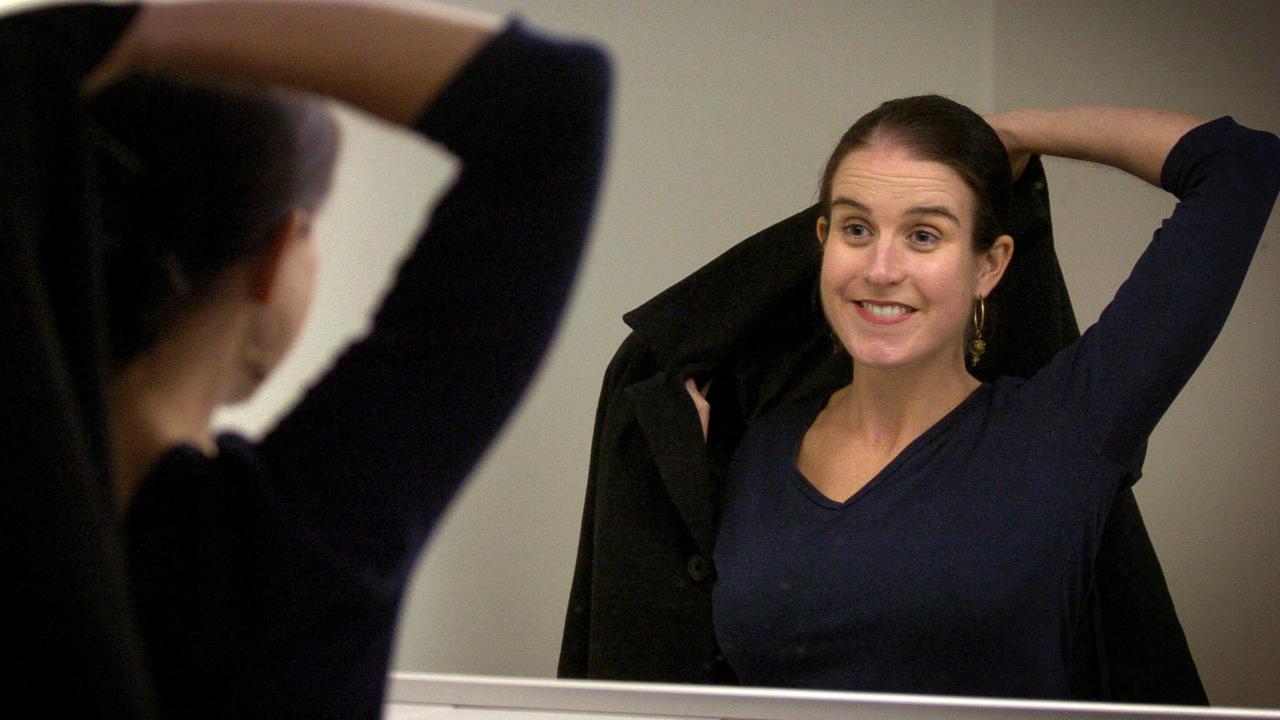Australia joins global trial of four-day week in push to work smarter, not longer
Australians can fast track their way to working four days while still getting paid for five, ahead of a global trial of a shorter work week.

National
Don't miss out on the headlines from National. Followed categories will be added to My News.
Australians can fast track their way to working four days while still getting paid for five, ahead of a global trial of a shorter work week.
Momentum is gaining for a four-day working week, with an international pilot program by 4 Day Week Global due to kick off in the UK this month.
Australia will join the trial in August, with companies from a range of sectors signing up to let staff work a 32-hour week for full pay.
Career development specialist Dee Egan says it’s possible for all workers to negotiate shorter work weeks, with no financial ramifications.
IDENTIFY TIME SAVINGS
Egan recommends workers approach their boss with a clear plan to “work smarter’’ in fewer hours.
Any work not contributing to employee or organisation KPIs should be abandoned, she says.

“There’s quite a lot of slack in the day,’’ Egan says. “(Workers) should look at where they have down time or are there meetings that they don’t have to attend or could even be cancelled? We’ve all sat in meetings where it wasn’t really essential for us to be there.’’
Evidence of other companies’ successful transition to a four-day working week should also be presented to the boss.
“It (four-day work weeks) is not common in Australia so you are likely to get some pushback
(from employers),’’ Egan says.
“Highlight (to the employer) that if you know you have that reward of time off, you can find ways of working more efficiently.’’
HAPPY AND PRODUCTIVE
University of Canberra clinical psychologist Dr Vivienne Lewis says while employers fear less work hours will reduce productivity, evidence supports the opposite effect.

“Research shows that a four-day week, with a five-day pay rate, improves work-life balance and psychological wellbeing,’’ she says.
“Often workplaces are concerned about those workers who might slack off or be less productive, but most research shows that these workers are in the minority.
“In fact, when workers feel less stressed and more balanced, they are often more productive.’’
2+2+1 MODEL
Consumer goods giant Unilever has adapted the shorter work week initiative by trialling U Day – a concept that gives staff two days each week for collaboration and two days to engage in focused work.
One day each week is devoted to “play and innovation through self-directed learning’’, giving staff time to develop skills in areas of interest.
Asith Herath has used his learning day to train as an accredited Agile coach and believes the time away from his regular duties has made him more productive when he is at work.

“In all honesty, (the Agile training) didn’t really feel like work,’’ says Herath, who has incorporated his new skills to reverse mentor a Unilever senior manager.
“I did this (training) completely under my own initiative and the extent to which I went into it was completely up to me.
“Because I was doing something that I wanted to do, and that was new to me, when I was going back to work on those other four days, I was feeling refreshed.’’
Herath says “efficiency hacks’’, such as holding shorter, more focused meetings, helped him perform his work duties within four days.
He has now been promoted to finance business partner within Unilever’s food division and says his increased productivity has allowed him to easily adjust to the heavier workload.
Unilever ANZ human resources director Anish Singh says the U Day initiative has led to more motivated and engaged employees, while the ability to upskill has increased their long-term career options.
“No company can promise someone a job for life anymore, but we can make sure that (access to learning opportunities ensures) meaningful work is always there,’’ Singh says.
Arguments for switching to a four-day work week:
● Four-day work weeks deliver increased productivity in businesses all around the world in a broad range of industries.
● They result in happier employees, with higher levels of job satisfaction and brand loyalty.
● Working less hours creates a more energised, efficient, empowered and motivated workforce that focuses on organisational priorities, delivering outputs and achieving key targets, rather than time spent on the job.
● Four-day work weeks give businesses a competitive edge when attracting the best talent, as well as helping to retain the best employees.
● It reduces the carbon footprint of businesses through less commuting and energy use.
● Four-day work weeks improve gender equality by enabling a better distribution of caring responsibilities between mothers and fathers. It also reduces the barriers to women achieving senior positions in work.
Source: 4 Day Week Global
Originally published as Australia joins global trial of four-day week in push to work smarter, not longer








